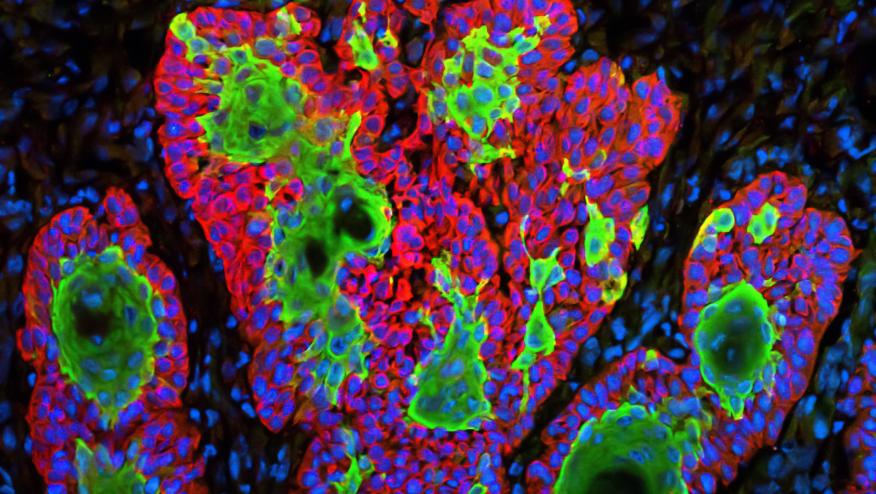Does Methotrexate Increase Skin Cancer Risk? Save

There are several reports suggesting a link between methotrexate (MTX) use and certain skin cancers, yet these are confounded by a higher risk of skin cancers with inflammatory conditions like rheumatoid arthritis of which MTX is the most common treatment. A report from the British Journal of Cancer has also shown an increased risk of basal cell carcinoma (BCC) and cutaneous squamous cell carcinoma (cSCC) with MTX use; and more so with higher doses.
The study shows that, at a group level, it was more common for patients who developed any of the three types of skin cancer, to have been treated with MTX previously. This rise in risk is presented in the study as a range: 20–38% for BCC, 37–89% for SCC, and 13-61% for CMM. The researchers also demonstrate that patients who had used higher doses of MTX were at higher risk for SCC and BCC. In contrast, no distinct dose–response relationship was observed for CMM.
Data was analyzed from a nationwide Danish case–control study, and included incident, histologically proven BCC (n = 131,447), cSCC (n = 18,661) or cutaneous malignant melanoma (CMM) (26,068) from 2004 to 2018. Skin cancer cohorts were matched with 10 age and sex matched controls.
MTX use was associated with increased risk
- BCC adjusted OR 1.29 (95% CI, 1.20–1.38)
- cSCC adj. OR 1.61 (1.37–1.89)
- CMM adj OR 1.35 (1.13–1.61)
With cumulative higher MTX doses, the risk (ORs) were higher for BCC and cSCC.
When analyzing only psoriasis patients, the MTX associated skin cancer risks were inconsistent; more for BCC, but less (nonsignificant) for cSCC and CMM:
- BCC adj OR 1.43 (1.23–1.67)
- cSCC adj OR 1.18 (0.80–1.74)
- CMM adj OR 1.15 (0.77–1.72)
We observed an increased risk of BCC and cSCC associated with the use of MTX with evidence of a dose–response pattern; however, the association was not consistent when restricting the study population to patients with psoriasis.
Another recent study suggested no increased risk of skin cancer comparing MTX to hydroxychloroquine (HCQ) treated RA patients over age 65 yrs. They evaluated the risk of malignant melanoma, NMSC, basal cell carcinoma (BCC), and squamous cell carcinoma (SCC) in 24,577 propensity score-matched pairs of methotrexate and hydroxychloroquine initiators. HCQ and MTX initiators had similar incidence of any skin cancer (25.2/1,000 PYs vs 26.21/1,000 PYs; HR 1.03; 95%CI 0.92, 1.14). MTX associated risks were not significantly increased for malignant melanoma (HR 1.39; 0.87, 2.21); NMSC (HR 1.01; 0.90, 1.12); BCC (HR 1.37;1.13, 1.66); and SSC (HR 0.79; 0.63, 0.99) - all compared with HCQ initiators.
Patients treated with MTX (RA, psoriasis, etc) should be considered to be at high risk for skin cancers -- either from their inflammatory disorder or MTX. As such, these patients should undergo regular skin cancer screening.










If you are a health practitioner, you may Login/Register to comment.
Due to the nature of these comment forums, only health practitioners are allowed to comment at this time.